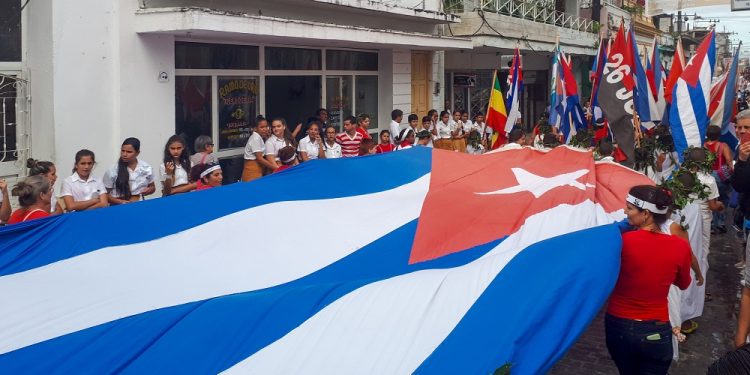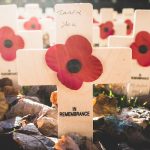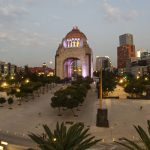
Day Of The Rebellion
Day of the Rebellion is a holiday that’s also known as National Rebellion Day, or in Spanish, as Día de la Rebeldía Nacional. This holiday is observed on July 26th and is sandwiched between two other public holidays in Cuba. These holidays are observed on July 25th and July 27th and are known as the Commemoration of the Assault on Moncada, or Conmemoración del Asalto a Moncada in Spanish.
Day of the Rebellion and its two accompanying holidays are a source of extreme national pride in Cuba, and thousands of people show up for the carnival and associated celebrations.
The History of Day of the Rebellion in Cuba
On March 10, 1952, Fulgencio Batista led a military coup with the support of the U.S. government and installed himself as president. He then revoked the Cuban Constitution that was created in 1940 and revoked many political liberties.
Fidel Castro was a lawyer who had communist beliefs and had previously participated in the elections canceled by Batista. Castro thought that Batista was beholden to the U.S. and was a dictator that oppressed the needs of the people. Castro then decided to train rebels to remove Batista from power.
On July 26, 1953, 160 of Castro’s men attacked the Moncada army garrison in Santiago, Cuba. The attack served two purposes: its first purpose was to arm rebels, and its secondary purpose was to start a revolution.
The assault on the Moncada garrison was a failure and resulted in many deaths on all sides. Castro and some of the other leaders of this attack were sentenced to long prison sentences. However, most of them only served 22 months due to amnesty for political prisoners. Although the attack failed, it’s still seen as the moment when the Castro-led insurrection began and was a step closer to removing Batista, who was eventually removed on January 12, 1959.
Observing Day of the Rebellion in Cuba
This 3-day holiday coincides with the Feast Day of Saint James, so some people attend religious services, while others enjoy the unique carnival atmosphere of celebration. In Havana, it’s not uncommon for tens of thousands of people to show up at the carnival and mass rallies.








